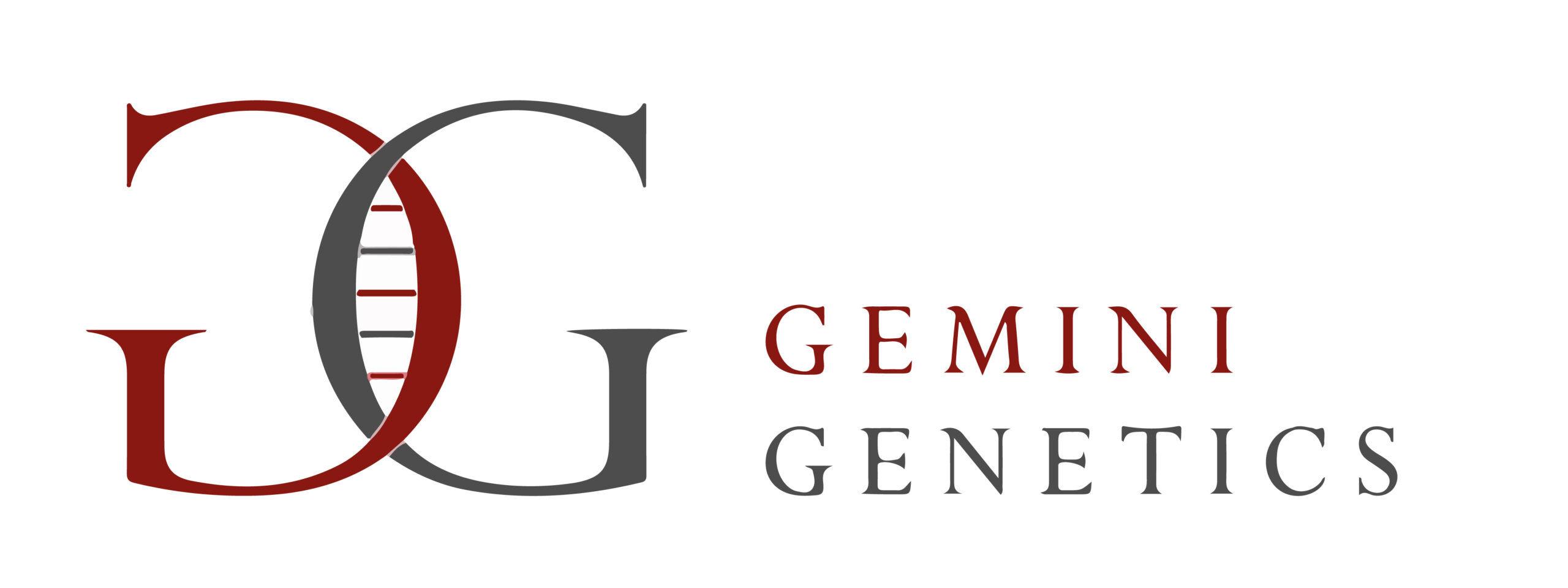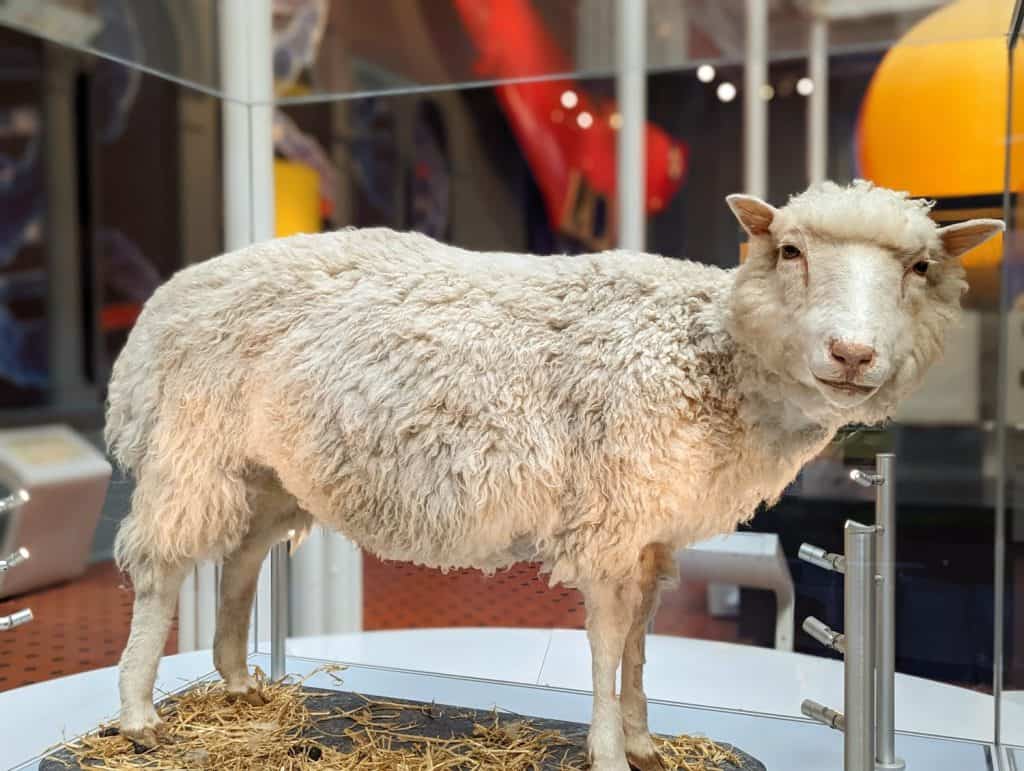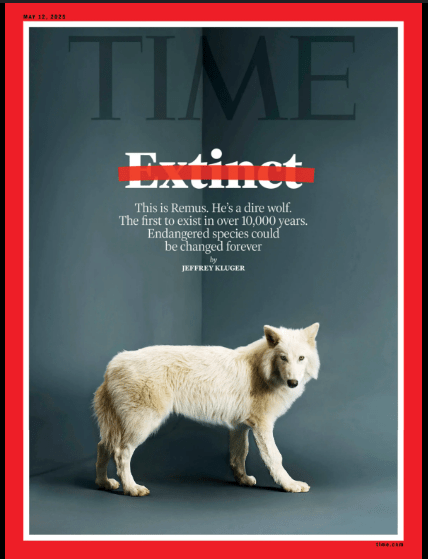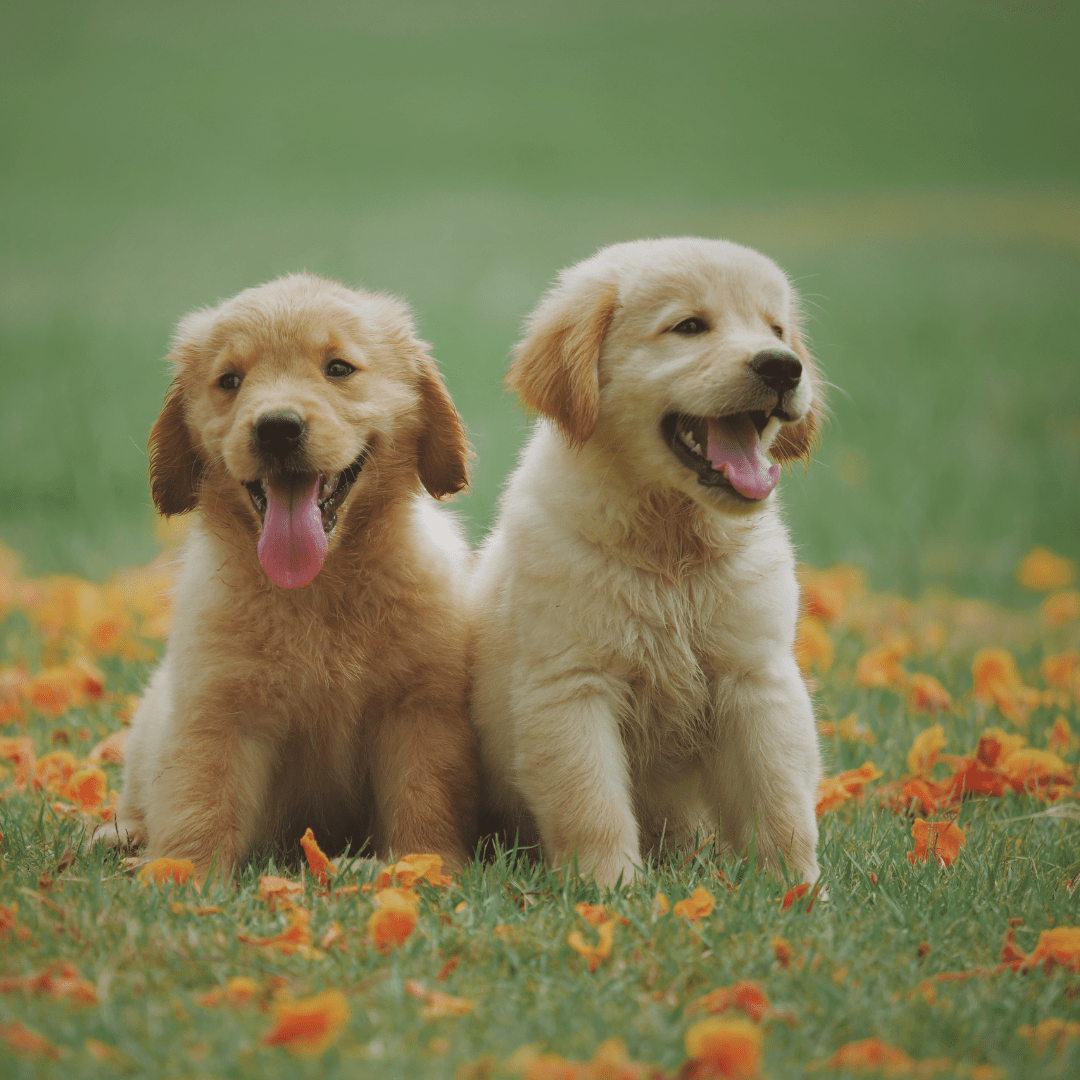Dolly The Sheep - Pioneering the Future of Cloning In the annals of scientific breakthroughs,…
How To Clone Your Horse
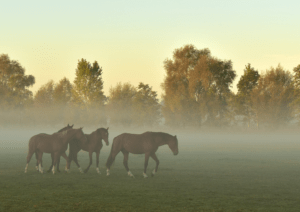
How To Clone Your Horse
Whether you want to perpetuate champion bloodlines, preserve an endangered equine species or keep your once in a lifetime horse’s genetic legacy alive, horse cloning offers precise genetic replication and is more attainable than you may think.
What is Horse Cloning?
Horse cloning is the process of producing an exact genetic replica of an existing horse using a technique called Somatic Cell Nuclear Transfer (SCNT). This process starts with a small skin biopsy taken by a veterinary professional, either during life or up to five days post-mortem. This sample contains skin cells whose DNA can be cultured and then inserted into an enucleated egg cell from a donor mare. The embryo is then implanted into a surrogate mare who carries the pregnancy to term and gives birth to your horse’s genetic twin.
Why Clone Your Horse?
Preserving Elite Genetics
By recreating the complete genetic blueprint of a proven performance horse, clones inherit the exact DNA variants associated with desirable traits such as exceptional jumping ability, speed, and endurance. This genetic fidelity allows breeders to reproduce winning formulas without relying on the chance of traditional mating programmes, where each offspring only receives 50% of each parent’s genome. Cloned horses exist at the highest levels of many disciplines such as polo, showjumping, eventing and dressage and keep proving the invaluable advantages of this technology.
Conservation and Biodiversity
Cloning offers a key tool for preserving and repopulating endangered equine breeds. In the UK, there are 14 rare native breeds, 12 of which are endangered and genetic preservation is an opportunity to safeguard genetics from these rare breeds. Recent efforts by wildlife conservation organisation Revive & Restore, with the help of the San Diego Zoo Wildlife Alliance and our cloning partners ViaGen Pets & Equine, allowed two cloned Przewalski’s horses to be born from a cell line that was preserved over 40 years ago. At Gemini Genetics, we offer discounted rates for our genetic preservation services for UK native rare breed equines to help preserve these endangered equine species.
Emotional Legacy and Continuity
For many owners, cloning a beloved companion provides comfort and continuity and alleviate the overwhelming grief of losing a cherished animal by offering a genetic continuation. Horses are often more than just athletes, they are companions and family members and genetic preservation provides a tangible comfort during bereavement. At Gemini Genetics, we have facilitated dozens of companion horse preservations, and with their DNA being stored indefinitely with storage costs from just £12 per month, owners can clone their cherished horse when and if they are ready, even many years after their beloved horse’s passing.
How To Clone Your Horse – A Step-By-Step Overview:
Gemini Genetics makes the first, time-critical stage simple and affordable, partnering with US-based world-leading cloning company ViaGen Pets & Equine for the completion of the cloning process.
1. Genetic Preservation (£600 + VAT)
A small skin sample is taken from your horse, either while they are still alive upon veterinary discretion or within 5 days post-mortem. The samples are then processed in our UK-based lab to cryopreserve vials of tissue in our liquid nitrogen tanks for safe and long-term storage.
2. Cell Culture (£1600 + VAT)
A skin sample from your horse is cultured in order to isolate fibroblast cells from the tissue and allow them to grow in a specialised CO2 incubator. This tests the cells for viability and genetic integrity ahead of cloning.
3. Storage (£12 per month + VAT, billed annually)
Your horse’s samples are safely stored in our liquid nitrogen tanks at -196 degrees, where they can stay indefinitely, until you are ready to take the next step.
4. Shipping to ViaGen Pets & Equine (POA)
Your horse’s preserved cells and tissue samples are sent to our world-leading cloning partners ViaGen Pets & Equine, located in Texas in the USA where they will complete the cloning process.
5. Cloning by Somatic Cell Nuclear Transfer (85,000$)
The team at ViaGen Pets & Equine complete the cloning process, all the way from the implanting of the cultured cell into an enucleated egg, to the implantation into a surrogate mare and to the birth of your cloned horse.
Frequently Asked Questions (FAQs)
Q: Can I clone a gelding or a mare?
A: Yes – stallions, mares and geldings can all be cloned as all that is needed are skin cells.
Q: What sample types are acceptable?
A: Only fresh skin biopsies are able to be used for horse cloning. Unfortunately, the procedure cannot be done using other sample types such as hair, teeth, bones, ashes or semen. For post-mortem sample taking, tissue must be collected within 5 days of passing and kept chilled, not frozen.
Q: Are clones identical in performance and temperament?
A: While the genetic information of a cloned horse is identical to the original horse’s, environment, training and epigenetic factors can lead in variations in appearance and behaviour.
Q: How is storage handled?
A: Cryopreserved cells are stored indefinitely at our UK facility for just £12 per month + VAT, billed annually, so you can clone your horse if and when you are ready, even many years later.
Ready to clone your horse?
Contact Gemini Genetics today at info@geminigenetics.com or at 01948 668 057 and start the journey to your horse’s genetic twin.
